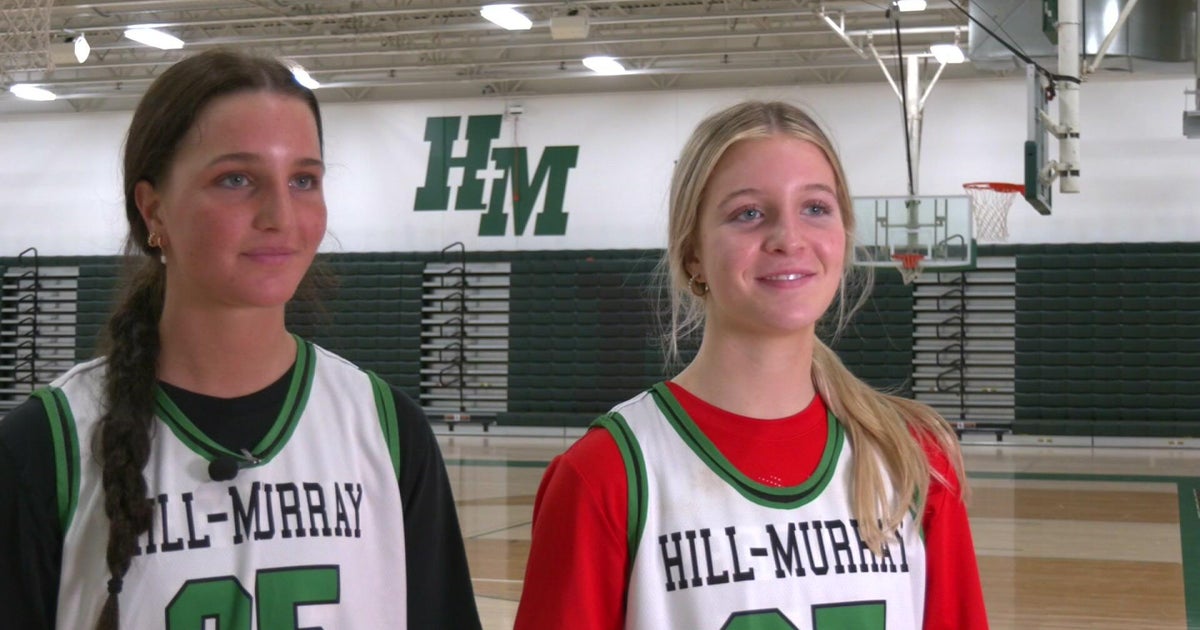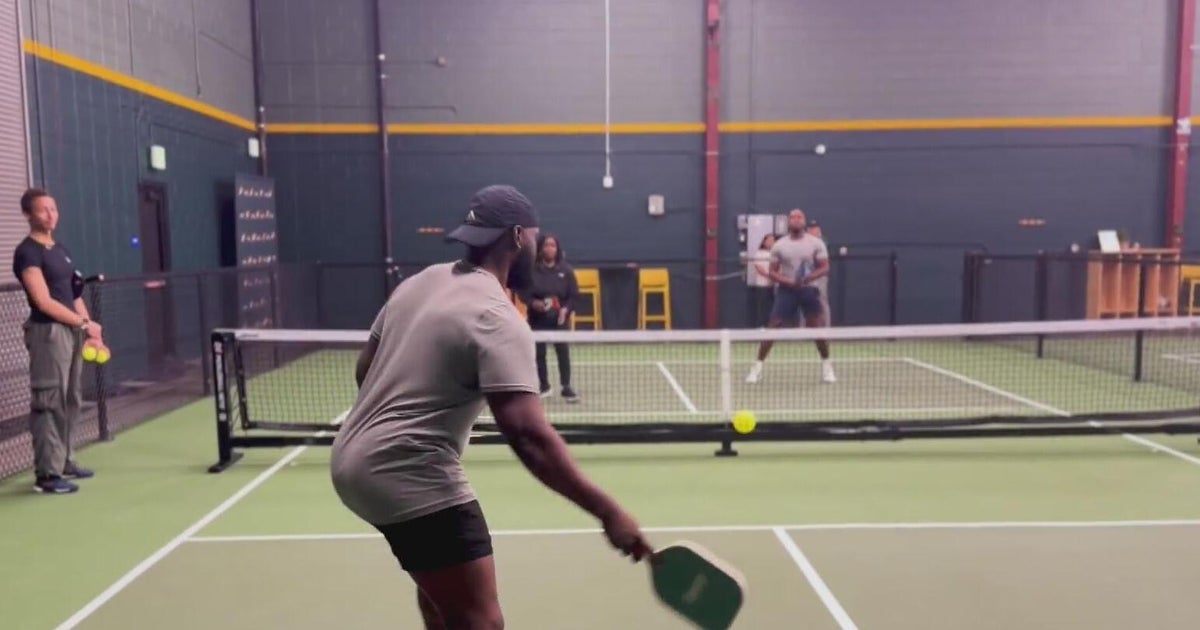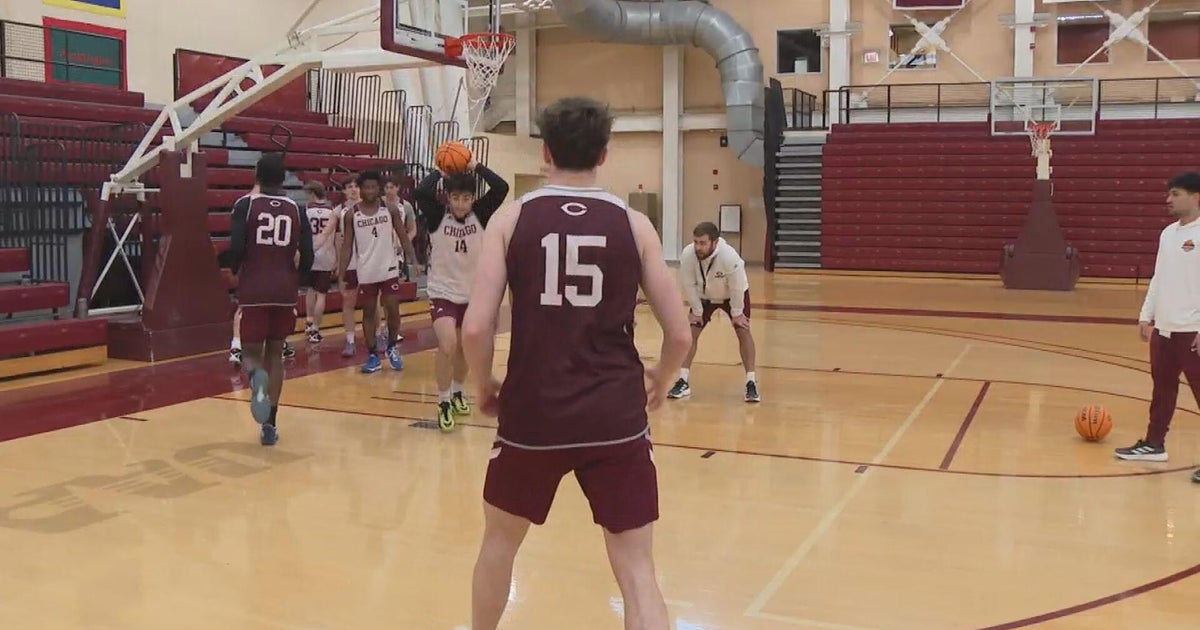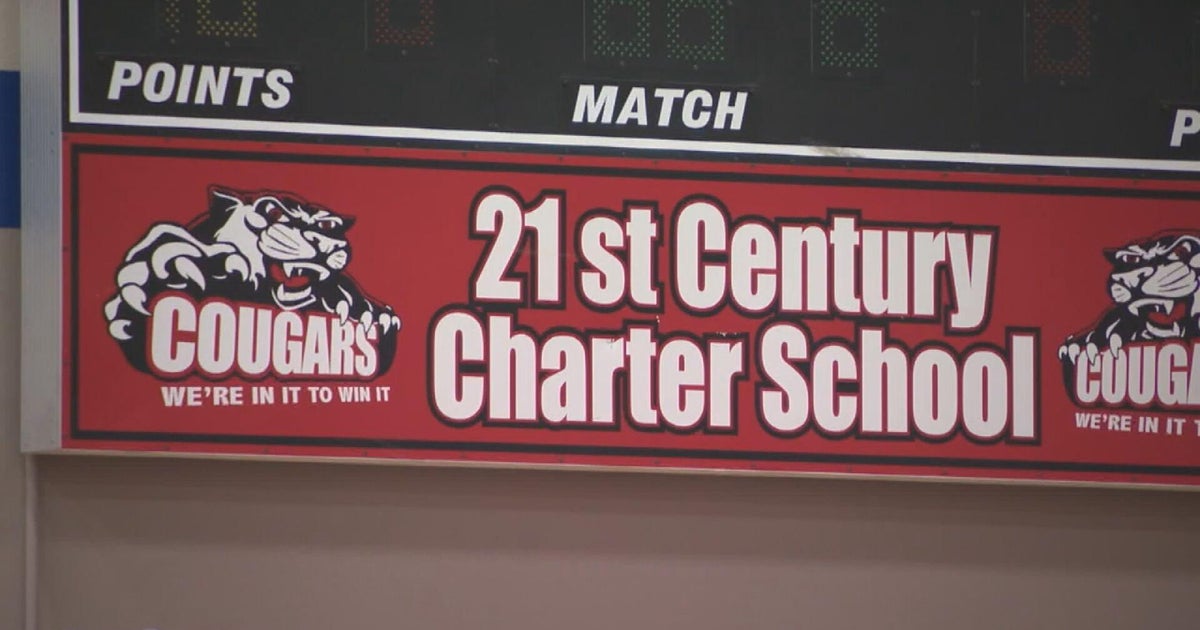Good Question: Can Kids Play Three Sports Anymore?
MINNEAPOLIS (WCCO) - Caroline Schelquist, a junior at Minnetonka High School, plays basketball and volleyball.
"In my off-season, I play on an A.A.U. basketball team and on a J.O. volleyball," Schelquist said.
Minnetonka senior Josh Dalki plays football and baseball. He stopped basketball after the 8th grade.
"I either play winter baseball or we obviously train a lot for football," Dalki said.
Of 1,100 student-athletes at Minnetonka High School, three percent play three sports. Ten or 20 years ago, Minnetonka Activities Director Ted Schultz says that percentage would have been closer to 30 percent.
"I think it has a lot to do with society," Schultz said. "I think that pressure to do more in one thing, to get to the top, has really influenced our student population, it's influenced our parents and the communities we live in."
Schultz says bigger schools mean more competition.
"You still have to play outside of the season to be able to even have a chance to make a team," said Eden Prairie High School parent Jeff Drew.
In smaller schools throughout greater Minnesota, more students play three sports. According to Underwood High School Principal John Hamann, 50-60 percent of the students at the school near Fergus Falls play sports in each season.
"It comes down to students being involved in as many sports as they can," Hamann said.
Erin Anderson, Activities Director at Perham Senior High School, says his school has more well-rounded athletes because of, "necessity, regarding the size of school."
At Stillwater High School, only 87 students out of 2,300 students play three sports. The most popular combination is cross-country, Nordic skiing and track.
A generation ago, sports outside of school became popular. Parents and coaches say Pop Warner football teams, AAU baseball, Junior Olympic volleyball and club hockey teams encourage kids to specialize at an earlier age.
"To compete at that level, they feel like they have to choose and specialize in that one sport," said Eden Prairie father George Kennedy. "We're seeing that happen in the 5th, 6th, 7th grade, kids say I'm just a hockey players and that's all I do."
Some have pointed to the pressure for college scholarships are a driving force towards specialization, but Schultz isn't so sure.
"College scholarships may be the motivation, but if you look at the research, about three percent of our athletes go on to play college," he said.
Students, parents and coaches all point to each when it comes to which group pressures kids into one or two sports.
"I think the coaches have a lot of pressure on them to win state championships," said Eden Prairie parent Brenda Young.
Schelquist says she feels pressure from coaches and even herself, but it's really about the love of the games.
"I love it so it doesn't feel like work to me," she said.
Many experts say specialization in just one sport can lead to not getting enough rest, burning out or playing with repetitive stress injuries.
"Specialization isn't the answer," Schultz said. "I like to put that answer back on our student-athletes, give them the choice."







